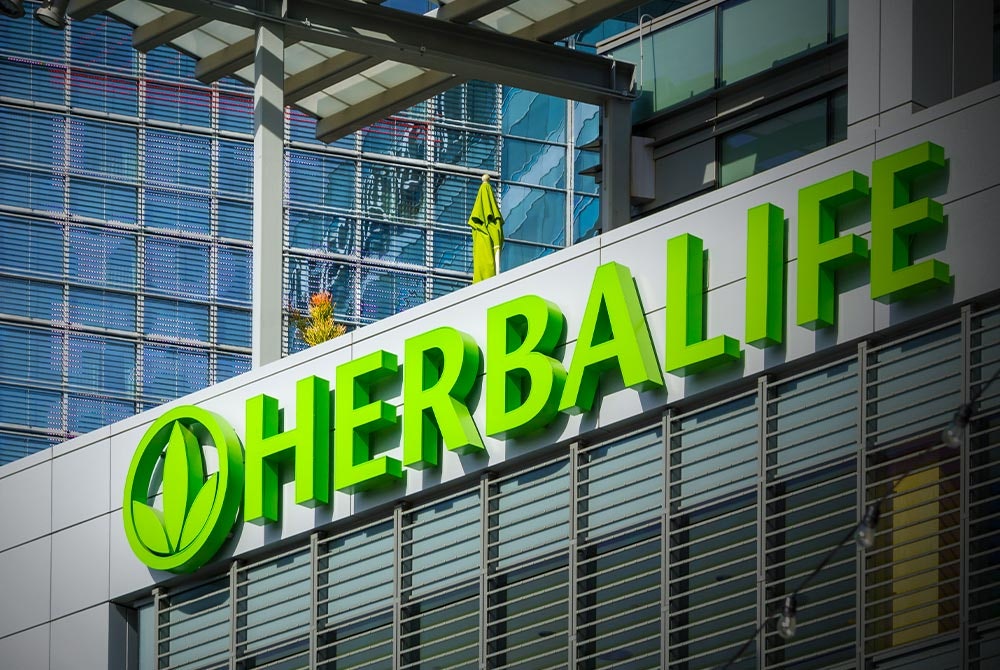If you've ever wondered, "Is Herbalife a pyramid scheme," you're not alone. Legally, Herbalife is not considered a pyramid scheme, although controversy surrounds this since the focus is on recruiting.
Herbalife is one of the rare multi-level marketing (MLM) businesses that’s been around for more than 30 years. Mark Hughes founded Herbalife to help people healthily lose weight and began selling products directly out of the back of his car in 1980. At first, he only sold protein shakes, but today, Herbalife sells various health and wellness products.
While Hughes may have started Herbalife as a legitimate MLM business, since his death in 2000, Herbalife has been under new management and has been involved in several lawsuits. Of the seven ways to make money with Herbalife, only one focuses on selling actual products to customers.
Is Herbalife a Pyramid Scheme? Reasons It's Not
Herbalife is legally considered a multi-level marketing (MLM) company and not a pyramid scheme because it has been able to prove:
- At least 80% of sales are made to customers and not to its distributors
- Its distributors make the majority (at least two thirds) of their rewards from sales and not from recruiting other distributors
The biggest thing differentiating Herbalife from a pyramid scheme and MLM is the focus on making sales versus simply recruiting more distributors to make money, which is the main goal of pyramid schemes.
How to Make Money with Herbalife
Herbalife’s compensation plan is extremely confusing, which is usually a sign of a pyramid scheme. You can make money through:
- Retail commissions
- Wholesale commissions
- Royalties/royalty roll-ups
- Production bonuses
- Cash promotions
- Paid vacations
- Receiving the Mark Hughes bonus
Those who actually profit with Herbalife are usually those who have recruited several distributors, who also have several recruiters below them.
Herbalife also offers discounts for those higher up on the pyramid. So, while you’re buying a product at 50% off and can make a profit, you’re also getting a profit from the sales of the distributors under you (who you recruited and who they’ve recruited) who've had to buy the product at full price and sell it to others for even more.
Herbalife calls these recruiting rewards a payment for growing your business, getting around being called a pyramid scheme.
Herbalife Lawsuits
Despite several accusations that Herbalife is, in fact, a pyramid scheme, courts and the Federal Trade Commission (FTC) have declared the company not to be a pyramid scheme.
In 2016, the FTC investigated Herbalife and found it virtually impossible to make a profit selling its products. This resulted in Herbalife paying a $200 million settlement (with checks mailed to around 350,000 distributors) and changing its business model.
Other lawsuits include:
- 2011: Ruling in Belgian that the company was a pyramid scheme (reversed in 2013 following an appeal by Herbalife)
- 2019: A $20 million settlement after Herbalife was found guilty of making false and misleading statements about its business operations and model in China for six years.
- 2019: Two Herbalife employees were accused of bribing Chinese officials in an attempt to procure sales permits, influence the outcome of an investigation into the company, and influence their media coverage. Herbalife committed to spending $40 million resolving the issues.


Comments